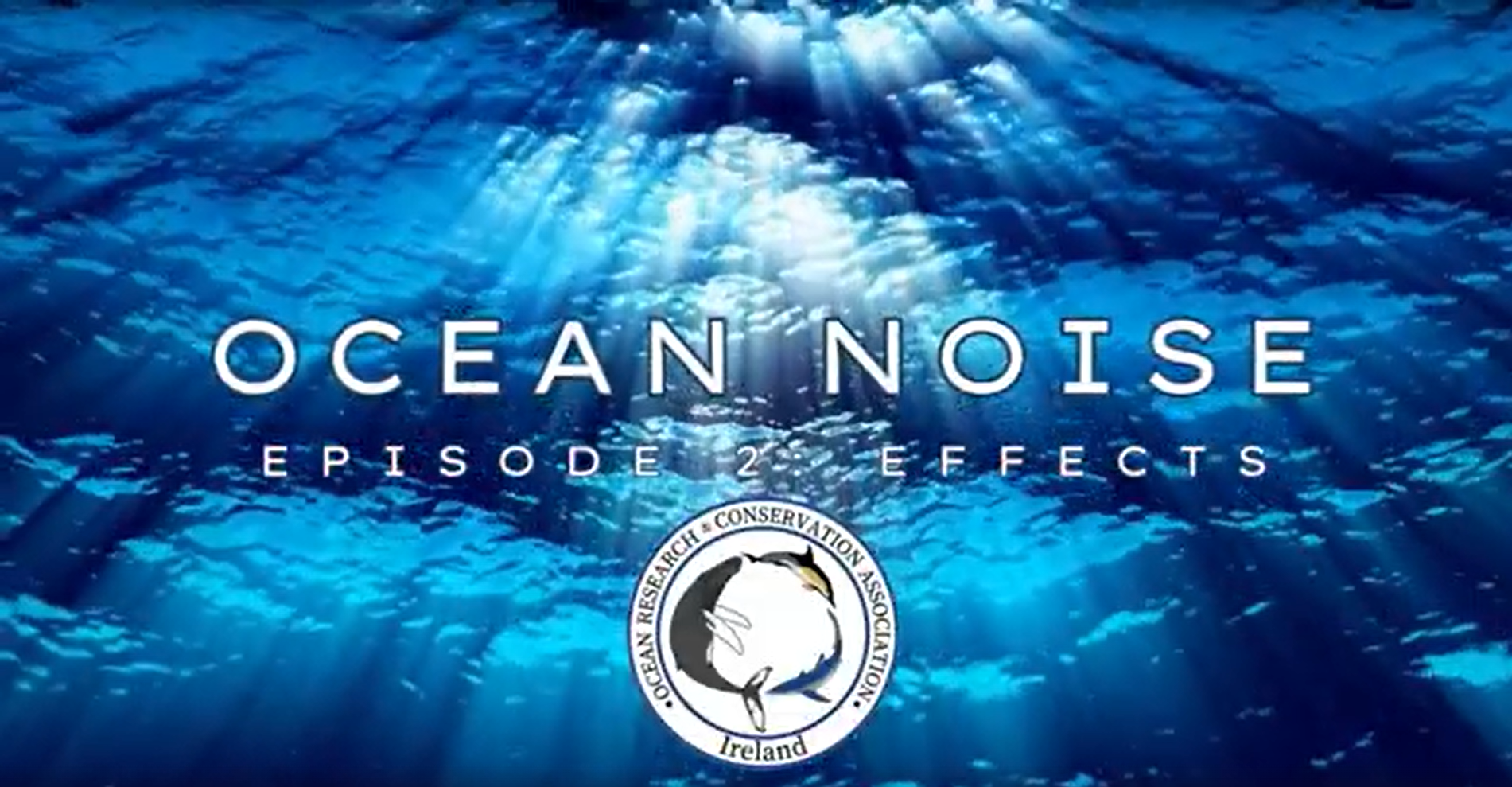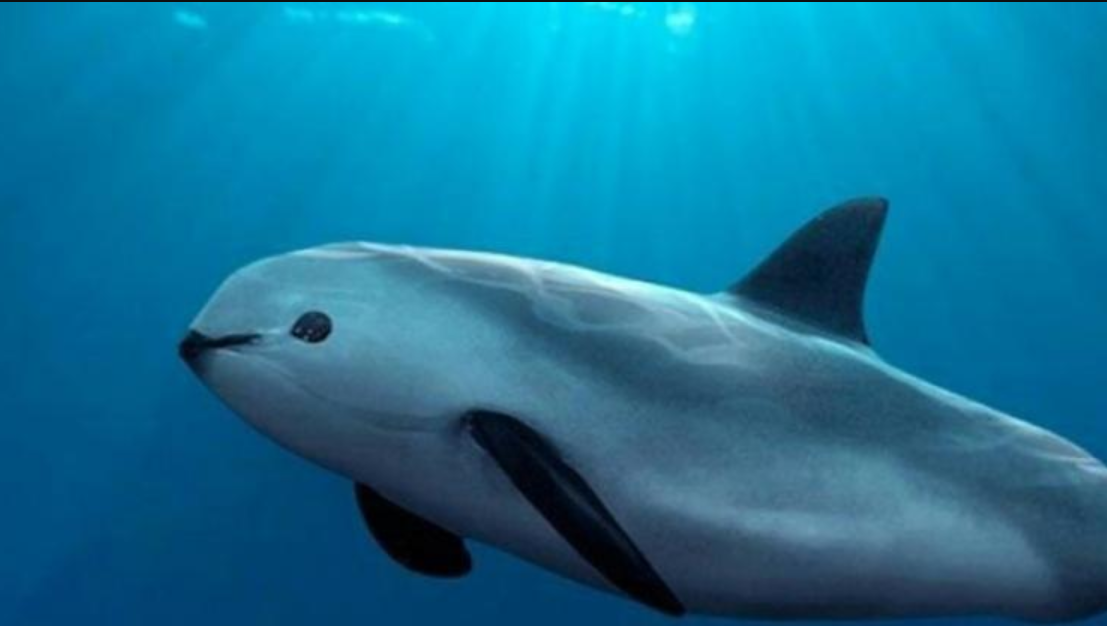Ocean Noise Pollution - Episode 2 - Impacts on Marine Wildlife
Ocean Noise Pollution - Impacts on Marine Wildlife
Kiera Mc Garvey Sears I 16th January 2024
Marine noise pollution can have significant negative impacts on marine mammals, including increased stress levels, tissue damage, hearing loss, and even death, and researchers are studying how individual responses to noise can affect the overall population.

Key Insights:
🐋 Marine noise pollution can cause increased stress levels, tissue damage, hearing loss, and even death in marine mammals.
🌊 Scientists are interested in how individual responses can affect a population and have started using the population consequences of acoustic disturbance to understand population-wide changes.
🐋 Exposure to loud sounds can cause hearing loss, especially for marine mammals whose primary sense is hearing.
🐋 Ocean noise can have a significant impact on marine wildlife.
👂 A TTS or temporary threshold shift occurs when the threshold returns to normal after a period of time whereas a PTS is a permanent threshold shift.
🌊 To understand how marine mammals react to sound, researchers use hearing sensitivity studies, visual observations, acoustic monitoring, tagging, and controlled exposure experiments.
Watch the full video below:
Video Summary:
00:00 Ocean noise affects marine life, causing stress, tissue damage, hearing loss, and behavioral changes in marine mammals, fish, and invertebrates.
01:04
Marine animals can stop foraging or become habituated to repeated sounds, which can have population-wide effects on their behavior and vital rates.
01:34
Noise pollution can impact marine wildlife by masking their communication and causing hearing loss, especially for animals whose primary sense is hearing.
02:15 Your hearing threshold can change due to loud sounds.
02:23 Marine animals experience temporary and permanent threshold shifts due to ocean noise, leading to strandings in certain areas.
02:37 Marine animals may strand due to various reasons, including illness, injuries, entanglement, ship strikes, storms, and sound, with evidence correlating Navy sonar exercises to mass strandings of beak whales, but the exact mechanism of how sound causes strandings is not fully understood.
SHARE THIS ARTICLE













